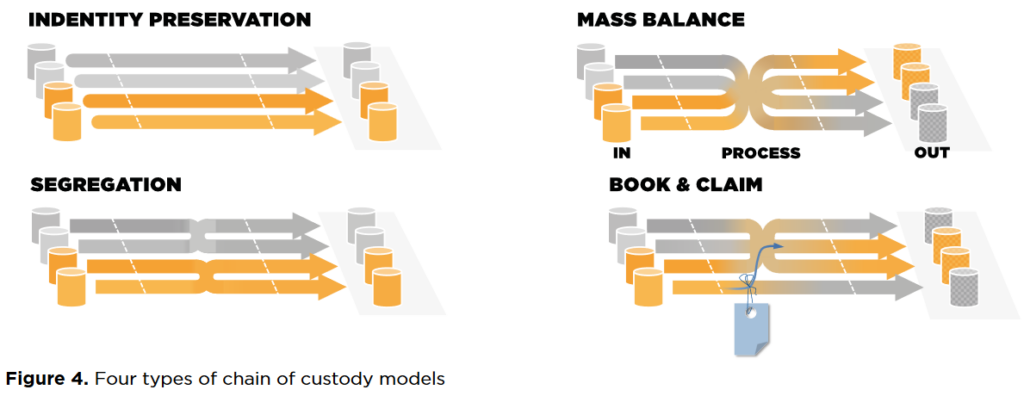UK government releases plans for low-carbon hydrogen certification scheme
By Oscar Pearce on April 18, 2023

As governments worldwide seek to support the growth of domestic renewable hydrogen industries, the UK Department for Business, Energy & Industrial Strategy has opened consultation for their low carbon hydrogen certification scheme. The scheme builds on the existing Low Carbon Hydrogen Standard (LCHS) published in April 2022, which outlined the threshold and calculation methodologies for low-carbon hydrogen.
Difficult design choices
Ahead of the consultation process, the UK government released a paper outlining its “minded-to” positions on several certification dilemmas. For a start, the current proposal envisions a voluntary scheme. The report acknowledges that, in the long run, trust and confidence may be “best served by making participation in the scheme mandatory”. In the meantime, though, a voluntary scheme is most suited to “differing needs and priorities” in an emerging market.

The consultation paper also highlights the chain of custody as a significant challenge for regulators. Specifically, the challenge of a certificate following batches of hydrogen through a complex supply chain, including mixed storage. Each of the four main approaches (see image right) is considered in the paper, though only two are deemed viable options for the future UK scheme: Mass Balance or Book and Claim.
The paper concludes that the Mass Balance approach strikes the right balance between flexibility and rigour. While noting that a well designed & executed Book and Claim system “may provide more market growth” for producers, the UK government is concerned that poor communication along the chain of custody could impact consumer confidence:
For example, if UK hydrogen off-takers buy certificates from other countries but consume physical grey hydrogen produced in the UK, this appears as greenwashing to final consumers and doesn’t reduce the UK’s emissions. Additionally, large-scale storage reduces temporal correlation and thus transparency if hydrogen is consumed at a later point but its sustainability properties are already claimed today.
From Consultation on a UK low carbon hydrogen certification scheme, BEIS (Feb 2023)
It remains to be seen whether other hydrogen certification schemes will follow these design decisions. The global certification landscape, inconsistent as it may be, has so far revealed a preference for Book and Claim systems – assuming credibility can be guaranteed along the whole supply chain. Indeed, a recent IRENA report describes Book and Claim as “a solution to the logistical challenge of scaling a nascent market”, with Mass Balance suited to “simpler supply chains”.
The UK scheme
The UK government is clearly mindful of this global context and proposes several solutions for achieving interoperability between the UK scheme and foreign equivalents. For imported hydrogen, it proposes “some form of mutual recognition”, noting the “need to account for the differing scheme methodologies”. For British exports, it suggests voluntary disclosure fields can be added to enable producers to demonstrate compliance with foreign schemes. Collectively, the UK government demonstrates an interest in proactively “[facilitating] international trade of certified hydrogen”.